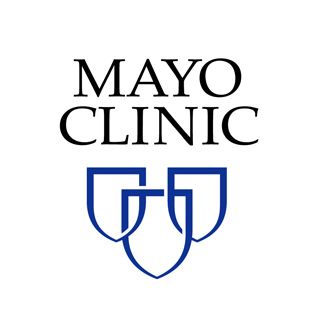
The findings were applicable to non-smokers too, considering that smoking could be one of the causal factors for esophageal cancer. Many studies have disclosed that excess weight led to development of a chronic inflammatory state which caused the recurrence of tumors or even adverse events.
“Obesity is considered a risk factor in the development of this cancer, which is known to be both highly lethal and increasingly common. But prior to this study, we did not really understand the impact of obesity in this upper gastrointestinal cancer,” remarked Harry Yoon, M.D., an oncologist at the Mayo Clinic Comprehensive Cancer Center.
For the study, a set of 778 patients who underwent esophagectomy, which involves removal of the esophagus, were inspected. However, the team found it difficult to study patients who were obese as well as smokers since the latter group may be susceptible to weight loss and death.
As per the outcomes, the five-year survival rate in obese patients with a BMI of 30 or above was apparently 18%, while about 36% of normal-weight patients survived. The scientists believed that obese patients suffering from esophageal cancer may be exposed to an altogether new avenue for treatment, in case the revelations are affirmed.
The analysis is published in the December 1 issue of the Journal of Clinical Oncology.
